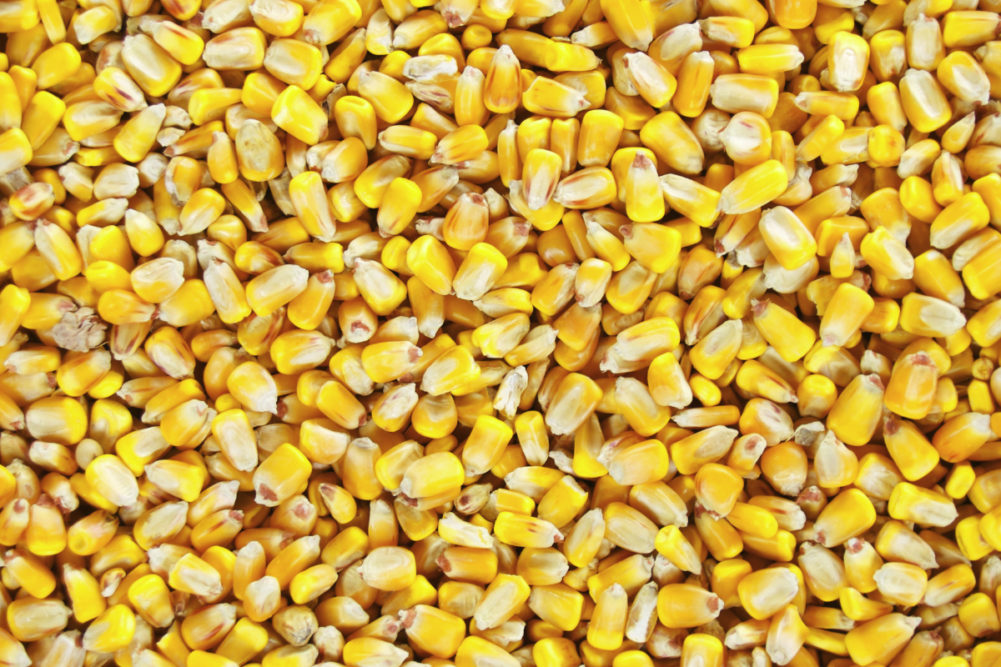CASSELTON, NORTH DAKOTA, US — Tharaldson Ethanol’s biorefinery, a joint venture with Green Plains Inc., has installed the Maximized Stillage Co-Products (MSC) system from Fluid Quip Technologies, expanding production of Ultra-High Protein for use in pet, aquaculture and other animal feed nutrition solutions.
In addition to higher protein yields with up to a 40% lower carbon intensity, the companies said the MSC system has allowed the 175-million-gallon biorefinery in Casselton, North Dakota, US, to achieve record renewable corn oil yields as part of the its startup announced July 9.
“The successful start-up of the MSC system at our turnkey partner Tharaldson Ethanol marks a significant milestone in the production of Ultra-High Protein,” said Todd Becker, president and chief executive officer of Green Plains. “Achieving higher renewable corn oil yields and expanding protein production not only strengthens our product portfolio but also reinforces our position as a leading producer of innovative low-CI high-protein feed ingredients.”
Fluid Quip Technologies, based in Cedar Rapids, Iowa, US, provided the MSC technology as well as the engineering, design, procurement, construction management and startup services for the project. The completion of the MSC system at Tharaldson brings overall annual production capacity for Ultra-High Protein marketed by Green Plains to 430,000 tons.
“This achievement is a testament to the hard work and collaboration between Green Plains and Tharaldson,” said Ryan Carter, chief operating officer of Tharaldson Ethanol. “We are excited to be producing ultra-high protein, and are already seeing increased corn oil production, a testament to the robust technology portfolio at Fluid Quip Technologies.”
Based in Omaha, Nebraska, US, Green Plains Inc. is a biorefining company focused on the development and utilization of fermentation, agricultural and biological technologies in the processing of annually renewable crops into sustainable value-added ingredients.
Tharaldson Ethanol, located just west of Casselton, provides a local market for area corn growers. The biorefinery requires about 60 million bushels of corn annually to produce 175 million gallons of ethanol and about 500,000 tons of dried distillers grain each year.





